Unpopular opinion: Legalizing marijuana is not a good idea. Wisconsin’s strong support for legalization of medical and recreational marijuana in the midterm elections suggests that if politicians bow to public pressure, full legalization may not be far off. But recreational marijuana legalization opens the door to a host of long-term risks and consequences that referendum voters don’t seem to consider.
In Colorado, the first state to legalize marijuana, 21 is the minimum age to buy cannabis products. Some argue that legalization’s age restrictions prevent teens and young adults, the people most at risk to form dependency or suffer damage in brain development, from getting access. But has being under 21 ever stopped a teen or young college student from drinking alcohol if he or she really wants to? Why would marijuana be any different? Legalizing it gives more access to more people of age, who can hand off anything they buy to other people, underage or not.
Since brain development stops around age 25, setting the bar at 21 means the state is letting people legally lower their own IQs for four years. While of course the government cannot make people’s choices for them, it has a responsibility to warn people of negative consequences. Will the government put those black and white warning labels on marijuana products that they do on cigarettes? They should, since it can be worse than cigarette smoke for the lungs, according to the American Lung Association. Those warnings should include the effects on brain development. Problems with specific learning and memory tasks are some of marijuana’s effects on brain development, according to the National Institute on Drug Abuse.
The person smoking the marijuana is not the only one affected. Secondhand marijuana smoke can affect nonsmokers’ lungs and cardiovascular systems and expose them to THC, the psychoactive chemical in marijuana, and other chemicals. If legalized, marijuana smoking should be prohibited in restaurants and public buildings like cigarette smoking currently is. Even with those limitations, and even if you choose not to smoke it, legalized marijuana will affect those passing by people smoking it on the street or those who visit smokers’ homes. Children of parents who would be legally smoking marijuana would be at particular risk of developing heart and lung problems, and just like tobacco, would be at increased risk for becoming smokers themselves.
Some people turn to marijuana to self-treat their anxiety and depression. While this works for a short time in low dosages, it’s no different from turning to alcohol. Mental illnesses and drug addiction form a vicious cycle called comorbidity. As the mental illness gets worse, the substance abuse gets worse and vice versa. Legalizing marijuana would permit people more access to the drug, especially if for “medical” purposes, instead of seeking actual help like therapy or anti-anxiety drugs. Also, according to a paper published in the medical journal Recent Patents on CNS Drug Discovery, prolonged use of marijuana reduces the anti-anxiety drugs’ effects, making recovery from mental illness more difficult even through proper methods.
For the people who refuse to believe all the studies proving that marijuana usage is bad for the lungs, brain development, drug dependence and mental illnesses and continue to claim that it is safe, marijuana is always dangerous for someone behind the wheel. Driving under the influence of marijuana can be more dangerous than driving under the influence of alcohol since there is not yet a mass-market, foolproof breathalyzer for marijuana. Additionally, THC limits for impaired driving have not been set scientifically, meaning law enforcement is less able to consistently prevent or charge people with drugged driving. In Colorado, as of 2013, 10 percent of fatal crashes involved marijuana. By 2016, it was 20 percent, according to The Denver Post. Legalizing marijuana without increasing warnings of how dangerous it is to smoke marijuana and drive will lead to senseless grief.
The bottom line is this: To permit is to promote. Legalizing marijuana means telling people it is safe. It is not. If Wisconsin legalizes marijuana then a few years later starts slapping warning labels on the products it has authorized the sale of once the negative effects are clearly visible, it will be just like last century’s public awareness campaigns against cigarettes that we’re still fighting today. The difference is Americans didn’t know tobacco was unsafe for a long time. We know marijuana is unsafe, we know its varied and wide-reaching consequences, so why would we legalize it in the first place?


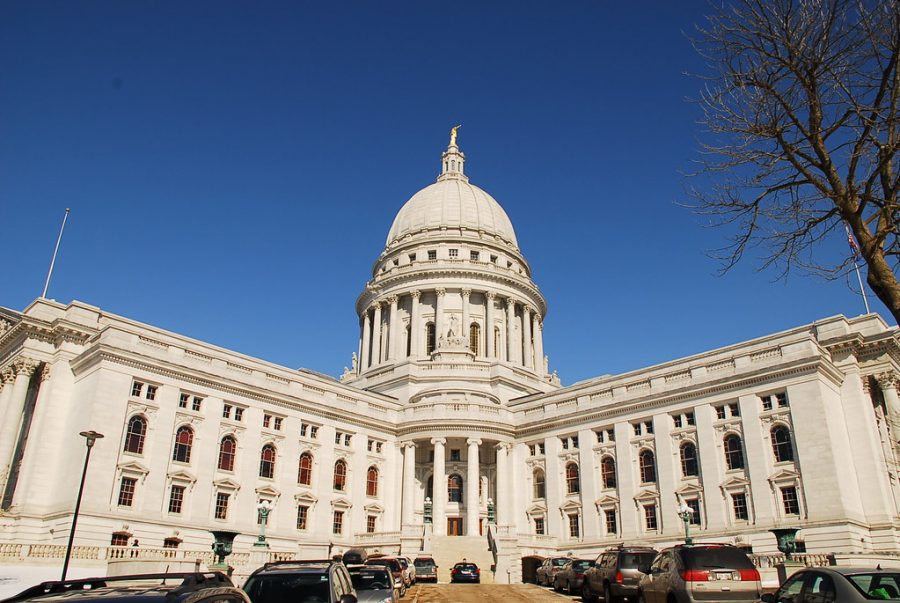
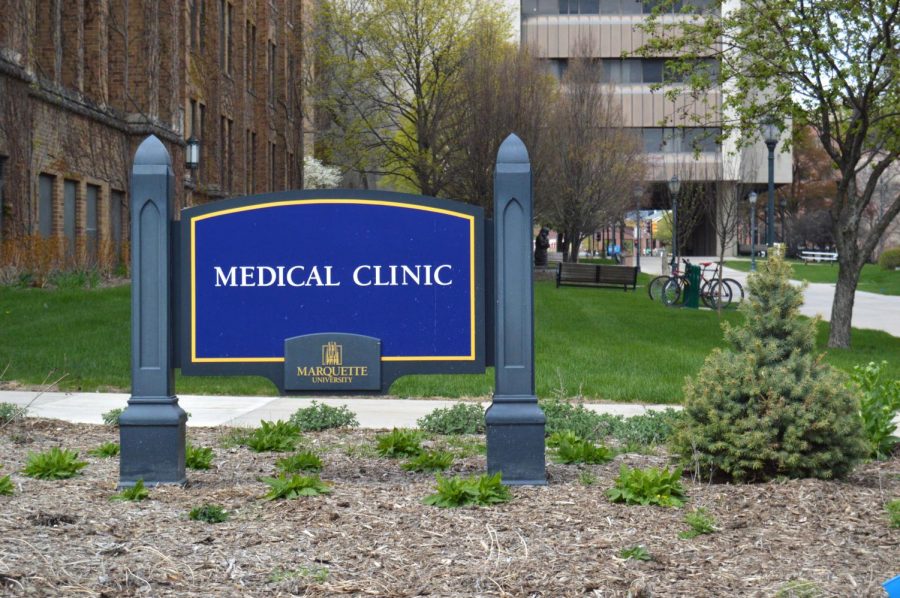
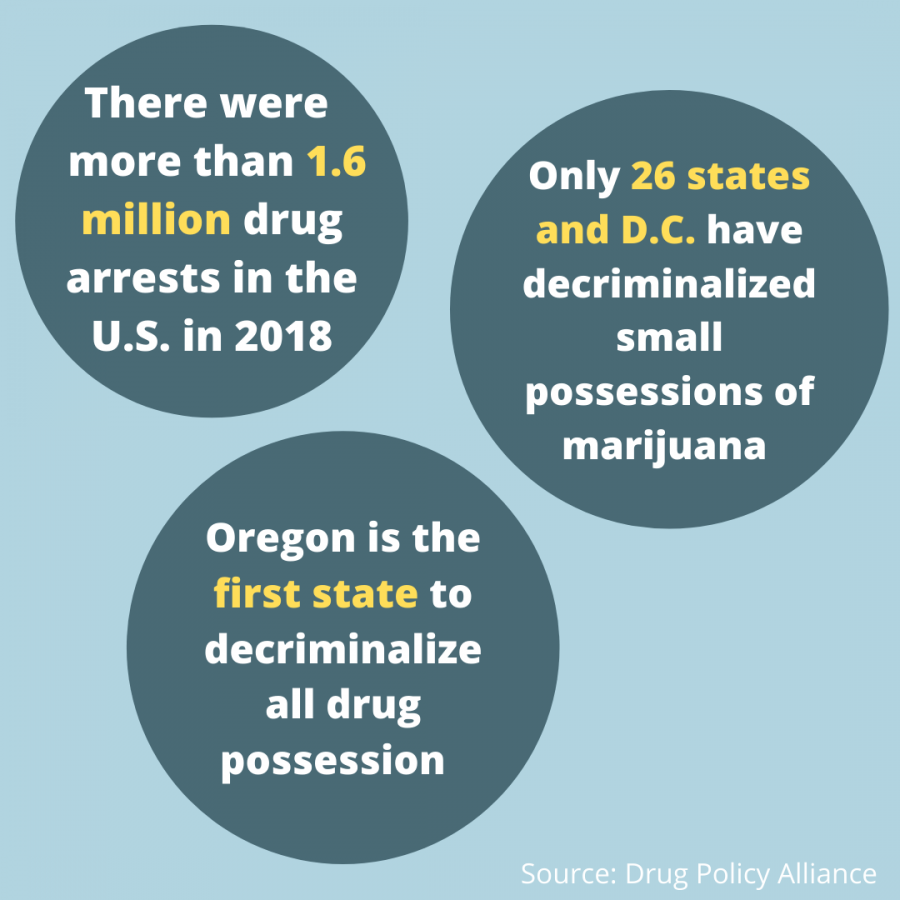
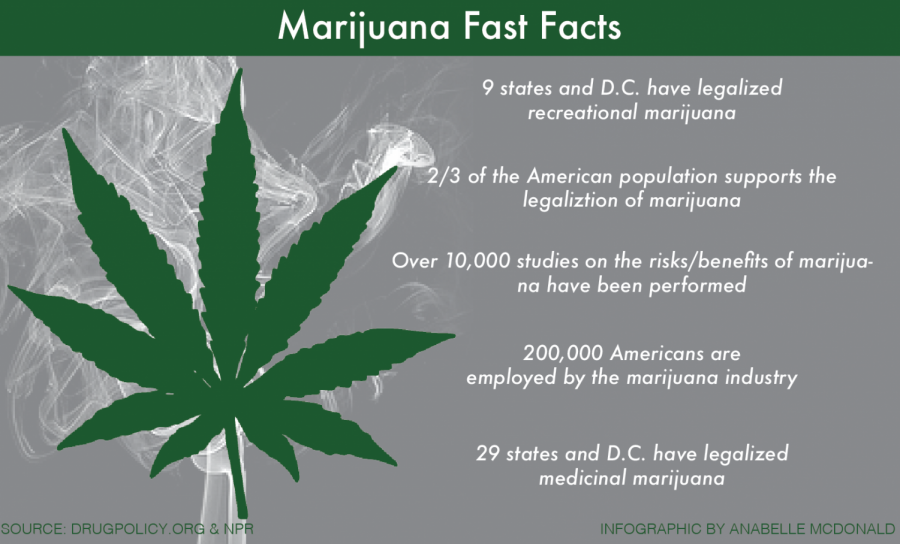
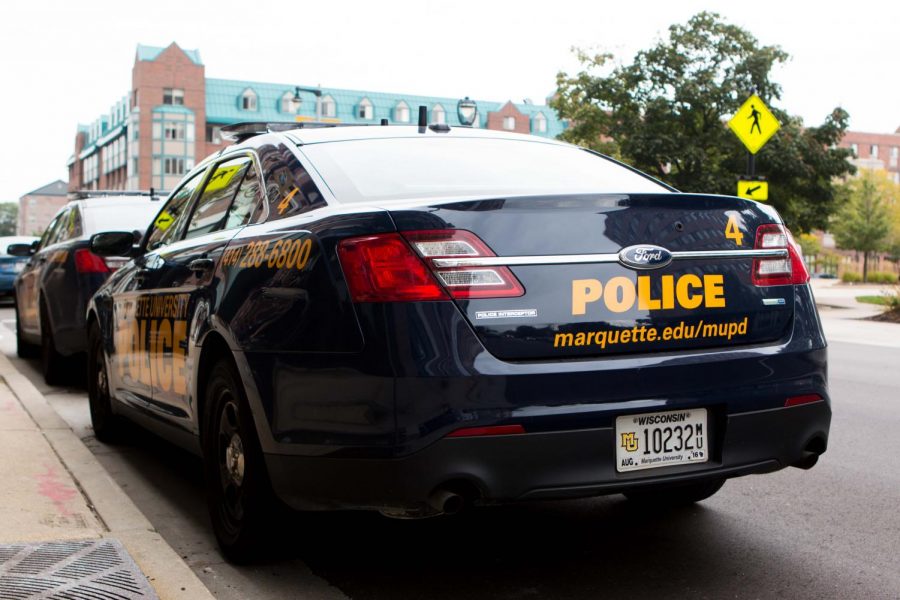
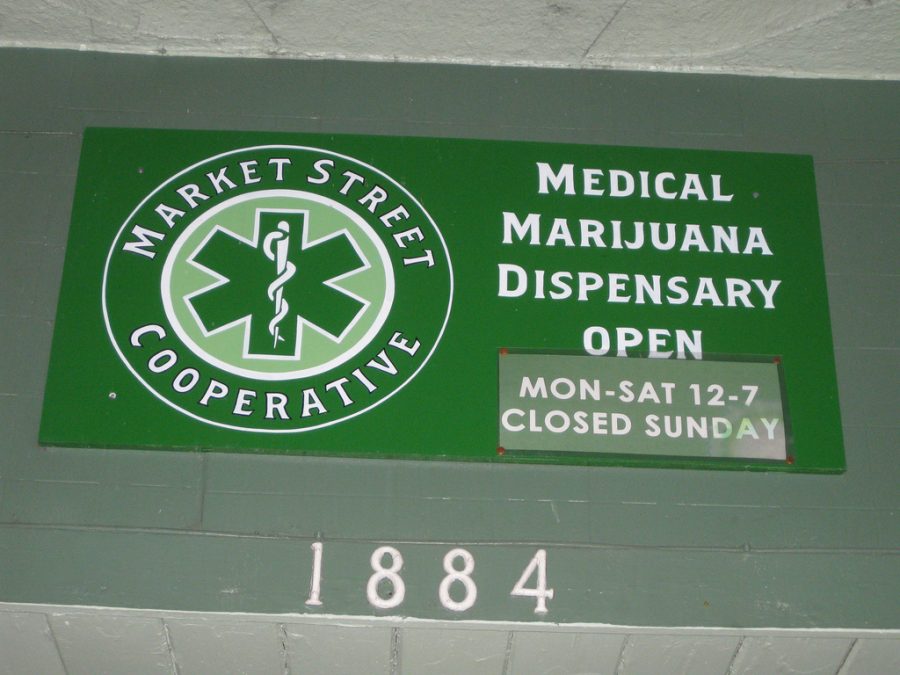
Patricia McCarthy • Dec 25, 2018 at 7:19 am
My son started using marijuana when he was fifteen. He continued his heavy marijuana use while a student at Marquette. He is now 34 and suffers from bipolar I and delusional disorder. He is unable to hold job. He has been in and out of mental hospitals and jails for the past ten years. Health professionals are hesitant to attribute his illness to heavy marijuana use but continue to ask if there is a family history of mental illness. This is the accepted theory. I’d like to see a lot more research into the connection between early marijuana use and mental illness. And I’d like to see a lot more research into how to treat
mental illness caused by marijuana use.
Peter • Dec 20, 2018 at 9:58 am
@BVS, Corrupt, career politician Scott Walker won the drunkard vote on Wisconsin and somehow LOST! Healthcare is a million times more affordable and much higher quality in Seattle vs anywhere in backwards Wisconsin. The roads are much safer as well because law enforcement have the tools and training to deal with irresponsible users, unlike in drunk Wisconsin.
There are no discernable downsides to ending the monstrous, racist FAILURE of prohibition.
Call and write your representatives now!
Legalize freedom in Wisconsin!!
Peter • Dec 20, 2018 at 9:53 am
More lies, propaganda and fear-mongering by republican rot-gut liquor drinking hypocrites and liars in backwards, regressive, Wisconsin. Let’s bring back alcohol prohibition first, right!!?
Legalize, tax and regulate cannabis. The entire state of Wisconsin is literally awash in cannabis already. There is a one billion dollar black market right now, today and it’s totally untaxed, unregulated.
BVS • Dec 8, 2018 at 9:30 am
I agree with the authors sentiment here. I see no compelling reason why WI should legalize marijuana. My question is simply, what are the positives should legalization take place? How’s Colorado doing? Washington? Certainly Gov-elect Evers is pleased…he won the pothead vote…to the detriment of this state that will play-out over the next four years.
Q. You think health care costs are out of control now? Just wait.
Jojo • Dec 6, 2018 at 1:51 pm
“Driving under the influence of marijuana can be more dangerous than driving under the influence of alcohol since there is not yet a mass-market, foolproof breathalyzer for marijuana.”
Drunk driving safer than driving under the influence of marijuana?! You had some good points until you made this statement….
Jim Romenesko • Dec 6, 2018 at 10:07 am
I’ve been reading the Marquette Tribune since 1972, when I enrolled as a journalism major. This is the most unconvincing op-ed the paper has ever published.
Dawn Radford • Dec 5, 2018 at 9:19 am
Reefer Madness hysterics backed by the usual discredited pseudoscience, and propaganda from NIDA. It sounds as if this author would prefer the 70-something percent of the population continue to buy cannabis from unregulated, black market merchants. Not only do they have incentive to upsell truly damaging drugs, such as opiates and amphetamines, they take on little additional risk if they sell to minors. Licensed points of sale are in locations known to law enforcement; compliance checks are practical to perform.